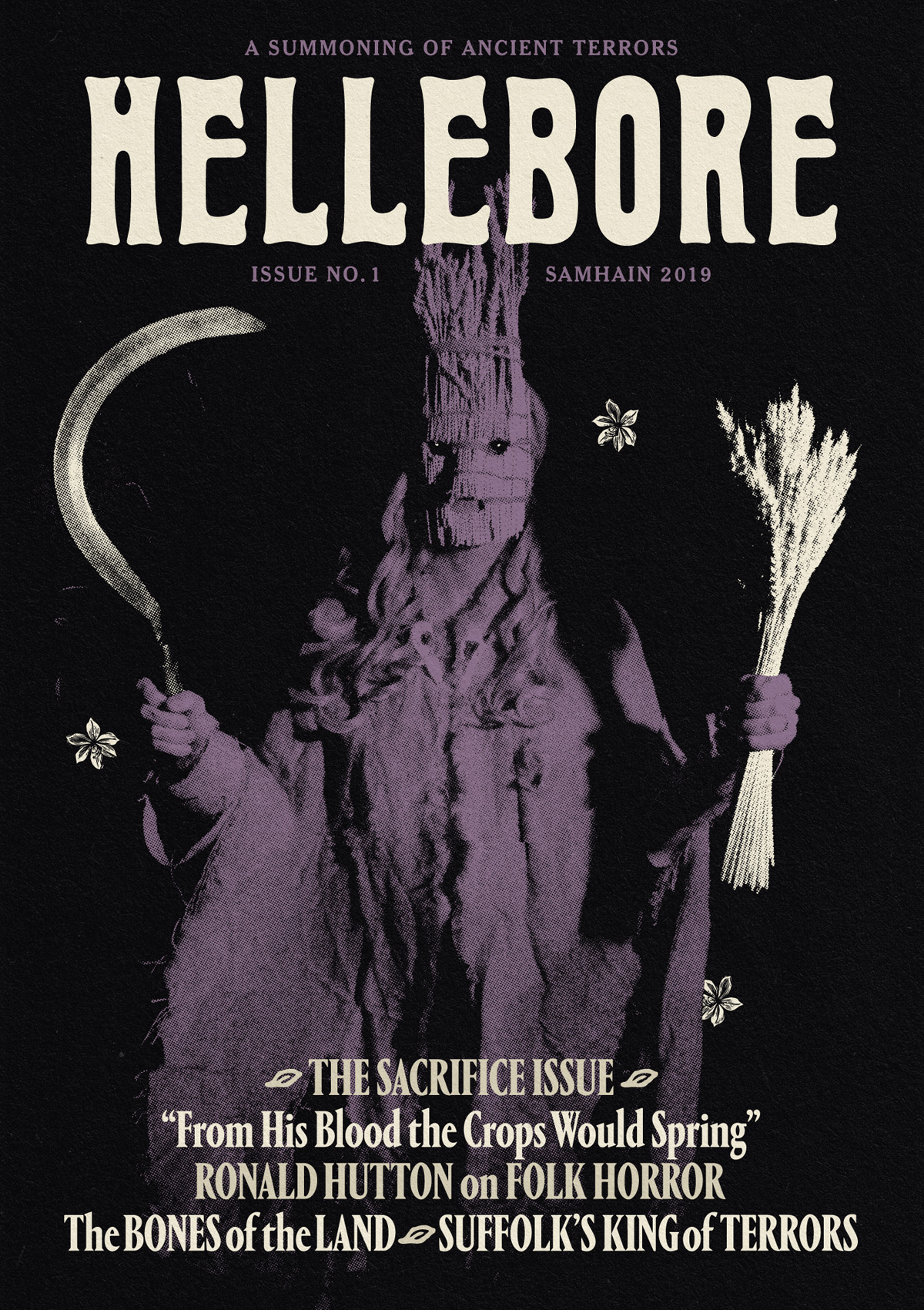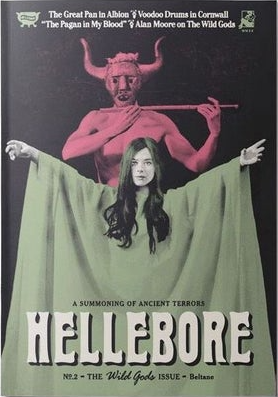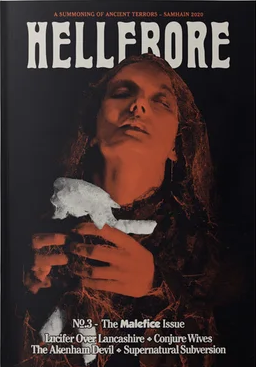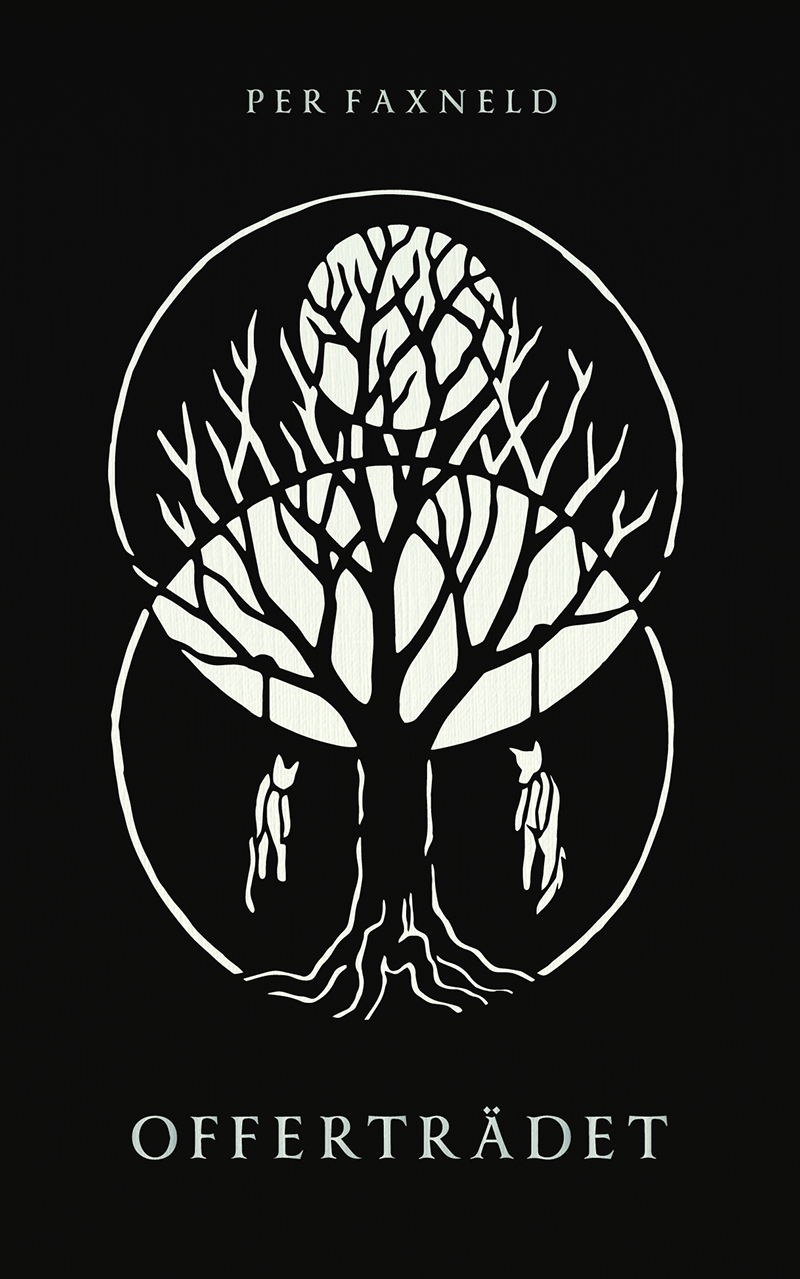
Per Faxneld is Swedish Historian of Religion he holds a ph.d. in History of Religions (obtained in 2014). his field of specialisation is Western esotericism, new religions and "alternative spirituality" (e.g. Satanism, Theosophy, Anthroposophy, New Age, the sacralization of physical excercise, etc), with a particular emphasis on how they are formed in tandem with processes of modernization (especially secularization). he has also worked from a sociological perspective with questions pertainng to strategies of legitimation, religious authority and identity formation. Other interests include religion and popular culture (reflection my background in cinema studies), folk religion (e.g. editing a critical edition of a folkloristic classic), gender issues, globalization and religion and violence. A key theme in his research is the relation between Western esotericism and art/literature. My doctoral dissertation (Satanic Feminism: Lucifer as the Liberator of Woman in Nineteenth-Century Culture, awarded the Donner Institute Prize for Eminent Research on Religion, and later re-published by Oxford University Press) adresses how anti-clerical feminists – primarily during the time period 1880–1930 – used Satan as a symbol of rejecting the patriarchal traits of Christianity. I emphasized how these women were inspired by the period's most influential new religion, Theosophy, and how the anti-religious discourses of secularism impacted feminism.







